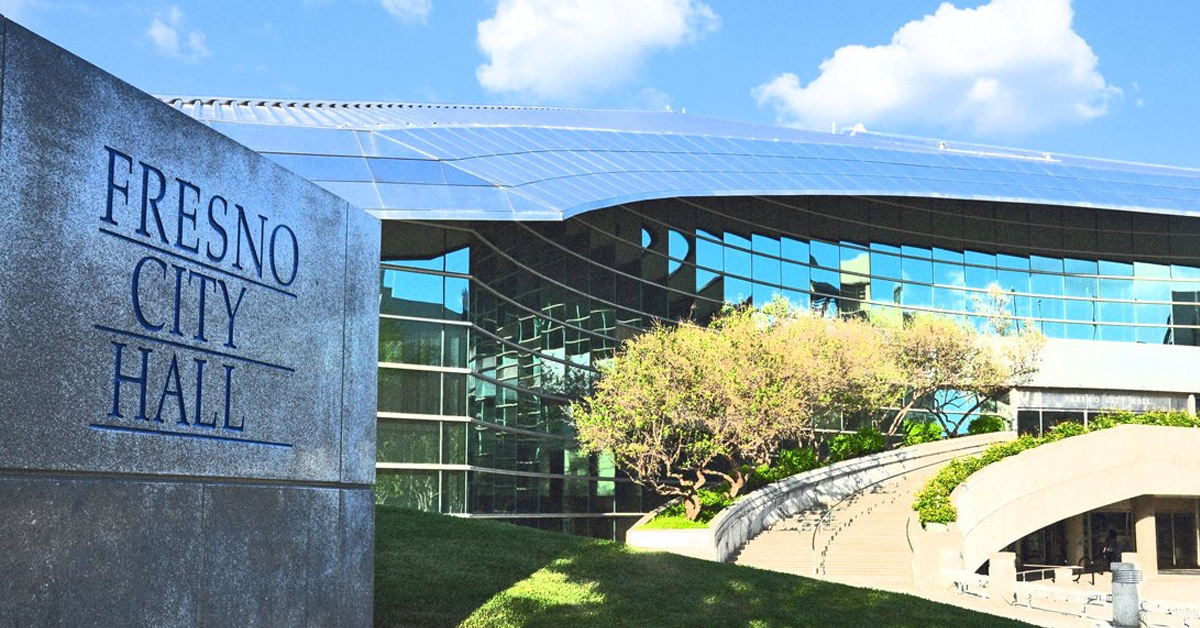California Gov. Gavin Newsom released his May revision to the 2020-2021 fiscal year budget plan on Thursday, accounting for the economic losses that the state is facing due to the coronavirus pandemic.
The state currently faces a $54.3 billion deficit due to the economic downturn.
Newsom’s plan cuts $19 billion off his January plan, bringing the total to $203 billion.
“We are going to be dealing with challenges that we haven’t faced in some time,” Newsom said.
Part of the $19 billion cut includes taking $6.1 billion from various program expansions and spending increases.
Newsom also proposed cuts to spending on K-12 schools and community colleges. K-12 education will take a $7 billion hit from last year
The state expects tax revenues to decrease by 25 percent and unemployment to reach a high of around 25 percent.
Newsom did not propose any tax increases, but his budget plan will cancel some programs that have lowered taxes, which should increase revenues by $4.4 billion.
California has a $16 billion rainy day fund, which Newsom wants to draw from. The governor suggested that the state use $8 billion from that fund in order to offset some of the deficit.
Newsom’s budget also proposes a 10 percent pay cut for all state employees, which will save the state about $2.8 billion.
Medicaid payments will also take a hit, with the governor proposing a $280 million cut.
Yet, the budget crunch extends far beyond those departments. Fresno State President Joseph I. Castro announced Thursday that – due to loss in revenue opportunities via housing, dining, and the Save Mart Center – the university is facing a $13 million revenue shortfall for the year.
“The Governor’s revision to the proposed 2020-21 State Budget is sobering although not unexpected, given the current ongoing public-health crisis,” Castro said in a statement. “While this initial revision will guide our budget planning for next fiscal year, we will not know the final state-budget allocation to the California State University system until early fall, due to the State delaying its assessment of tax receipts until August.”
Asm. Devon Mathis (R-Visalia) responded to Newsom’s proposal with a different idea: Eliminate California’s costly high-speed rail project.
“We are in unprecedented times. This is a budget crisis for the history books,” said Mathis in a press release. “I don’t support firing teachers, first responders or other essential workers just to balance the Budget. We shouldn’t place these burdens on our heroes but maybe look at our current spending. I have an idea, eliminating high-speed rail would save a half billion dollars. I have been calling for the end to this project for years. A hypothetical train is not worth real jobs for teachers and first responders.”
Mathis called for the state to work with the federal government to receive financial aid.
Meanwhile, Sen. Andreas Borgeas (R–Fresno), said that Newsom’s rampant spending at the outset of the coronavirus didn’t account for the extended fall-off in tax revenue.
“In January, I cautioned against the alarming levels of new spending and advised the Governor to take a more fiscally prudent approach,” Borgeas said in a statement. “Due to the pandemic, the pendulum has swung from a surplus in the billions to a $54 billion deficit.”
“We must seek ways to ease financial burdens on businesses and provide clear opportunities for the safe reopening of our communities, while focusing on Californians’ most fundamental needs.”
Newsom said the HEROES Act – which would provide $900 billion to state and local governments – would allow California to cancel $14 billion in the proposed cuts.
The House of Representatives is scheduled to vote on the bill on Friday.











